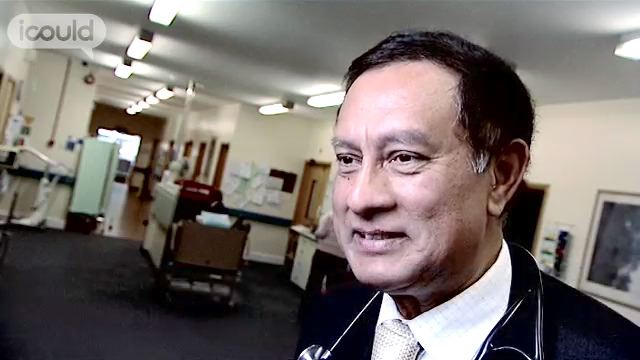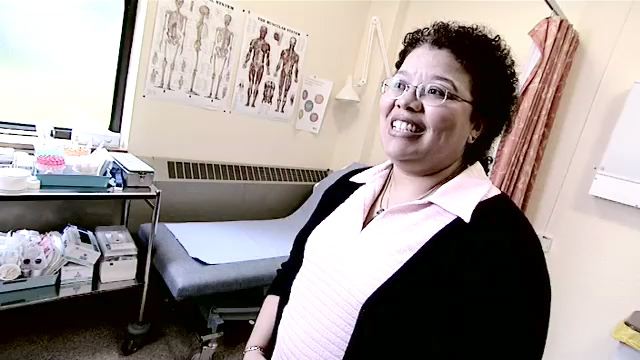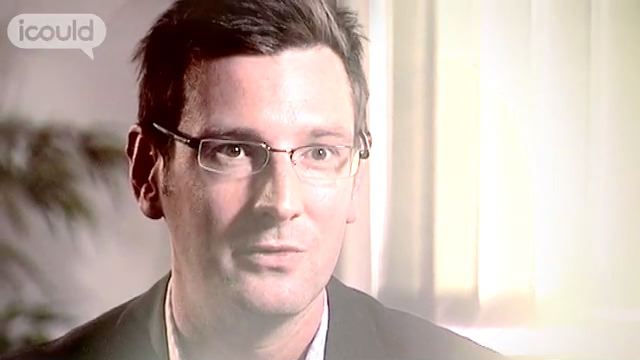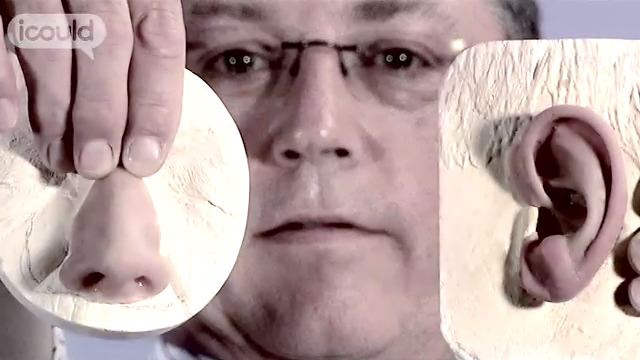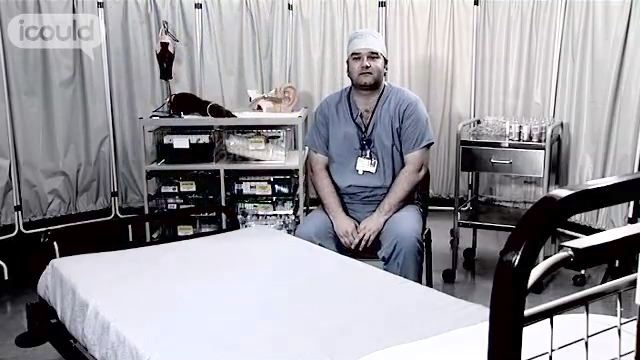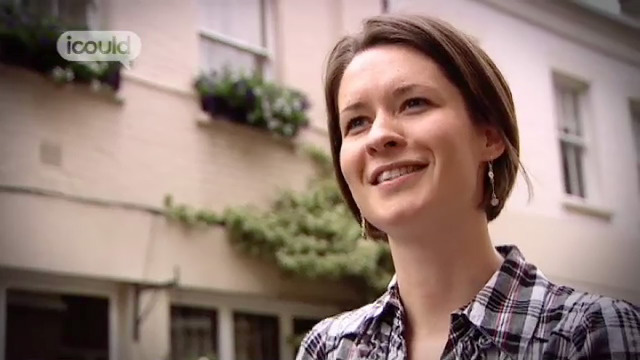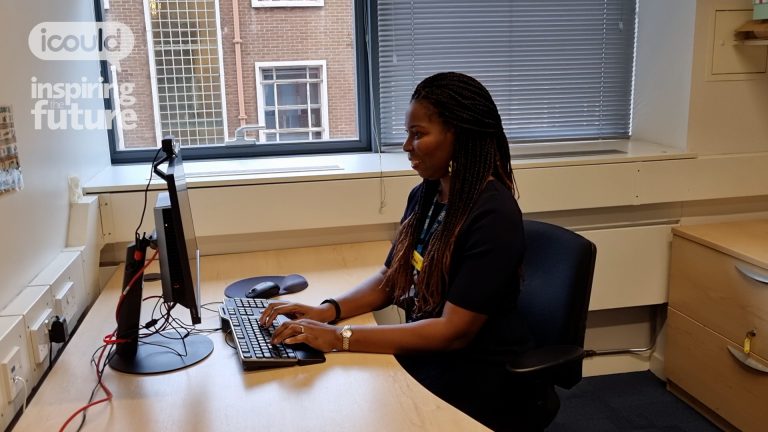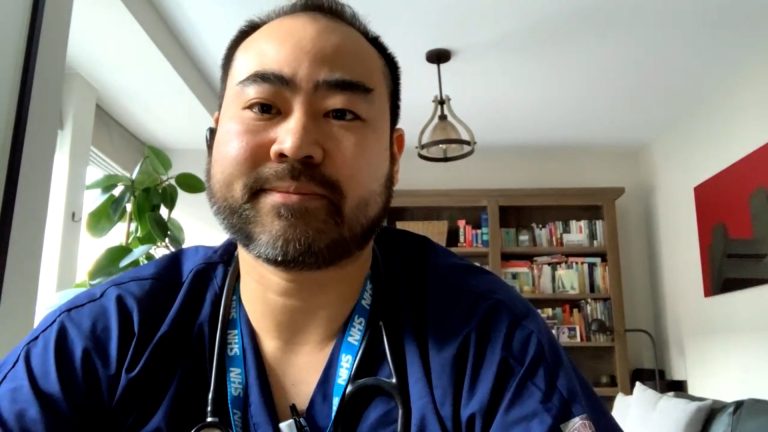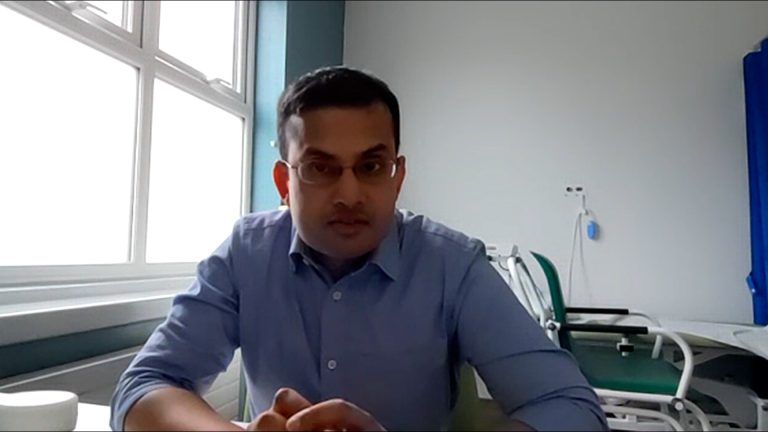Rehabilitation Consultant
Wolverhampton City Primary Care Trust
Dr Aung
00:00:00 My name is Dr Tun Aung, a consultant in rehabilitation medicine. It’s really looking after young people who are working age population. Those who have acquired a disability to see whether we can help them make a physical, social, psychological recovery and so that they can go back to the community with a quality life.
00.00.25 I went through a phase, I suppose like any average young boy and was more into sort of engineering activity so I thought in the early stage of my education I was heading towards an engineering career. I think in the run up to the equivalent GCSE examination I was learning myself up to be an engineer but the way of a liberal family encouragement prodding because of the family connection with medicine in general and I was encouraged gently to reconsider my, what do you call it, educational choice, if you like.
00:01:05 I ended up entering medical school back in Birmingham and after a year or two I felt that it is a career that I would be quite happy even enjoying to pursue that ultimately, really.
00:01:26 I did a bit of hospital medicine plus a general practice job back there and it was a little bit difficult to further my career because of certain restrictions and I was at the point quite ambitious to attain post-grad qualification and heard a lot about the Royal College of Physician Surgeon in this country and I wanted to have that opportunity to qualify for those diplomas so I made a decision around 1978 and then came over in ’79.
00:02:00 Burma as you probably are aware is a very tropical country and I did arrive to the UK in February ’79, snowing heavily and I’d never seen snow in my life. I quickly had to acclimatise. Within six months I probably became Anglicised because of the weather.
00:02:21 Throughout my training years I found that I can offer my skill and experience from hospital place environment but at the same time because of the training exposure I had at hospital is not the only environment that we can deliver the help to our targeted population but it can also be in the community and the opportunity to settle in the special rehab medicine is offering me the best of both.
00:02:51 So there was a turning because of the specialty nature I decided that I will have the best of both being a hospital doctor and also have an influence of community management. Going back to the first career decision I made at the age of 16, after the first few months I never looked back. No regrets.
00:03:11 It is a comparatively quite a hard course to pursue. I suppose the driver is my nature, I suppose, that I like to help people. I think it is important for anyone in our profession to have a balanced approach to life. My message for future doctors to be is to approach it in a balanced way, have a hobby, have a leisure pursuit.
00:03:40 For myself, I like to play golf and that’s my way of having a balanced approach, among other things.
00:03:50 ENDS
Dr Tun Aung is a consultant in rehabilitation medicine specialising in helping young people recover and lead full and active lives. Family pressure lead to him following a career in medicine, which he now acknowledges was the right direction. He advises future medics to consider balance in their work life. Originally from Burma he has acclimatised to the British weather.
More information about Generalist medical practitioners
The UK average salary is £29,813
There are 37.5 hours in the average working week
The UK workforce is 47% female and 53% male
Future employment
- Examines patient, arranges for any necessary x-rays or other tests and interprets results
- Diagnoses condition and prescribes and/or administers appropriate treatment
- Administers medical tests and inoculations against communicable diseases
- Supervises patient’s progress and advises on diet, exercise and other preventative action
- Refers patient to specialist where necessary and liaises with specialist
- Prepares and delivers lectures, undertakes research, and conducts and participates in clinical trials
- Supervises the implementation of care and treatment plans by other healthcare providers
